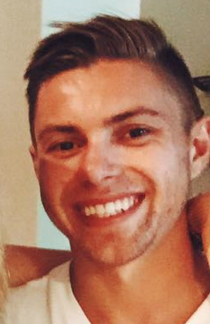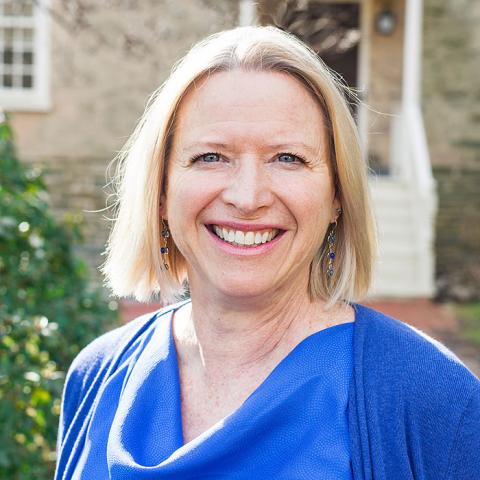Spotlighted Student: Gaines Adams '16

Gaines Adams '16
Details
Philadelphia is like home away from home for Littleton, CO resident Gaines Adams ’16. His mother and her family are from Media, PA, and east coast colleges are a standard in his family. When he stepped onto campus during his college visits it “felt right”, and as a college bound student he knew it was the place he wanted to be.
Philadelphia is like home away from home for Littleton, CO resident Gaines Adams ’16. His mother and her family are from Media, PA, and east coast colleges are a standard in his family. When he stepped onto campus during his college visits it “felt right”, and as a college bound student he knew it was the place he wanted to be.
Gaines played soccer in high school and was interested in playing in college. When he visited Amherst College, their assistant soccer coach at the time became Haverford’s current coach, Shane Rineer. Gaines played outside back and outside mid fielder for Haverford’s soccer team his first two years here. He now plays on the club soccer team.
Even though he took AP macroeconomics in high school and really enjoyed it, he planned on enrolling in Haverford’s 4 + 1 engineering program. As the curriculum unfolded he came to realize that logistically he would need to take the majority of his classes at Swarthmore College and the University of Pennsylvania. This would take him away from the Haverford community, something he was not keen on, so he started thinking about other majors. Introduction to Economics with Professor David Owens was a stepping stone for exploring the subject. Taking more economics classes solidified his decision to major in it, and he will also graduate with a concentration in Mathematical Economics.
A highlight was Professor Richard Ball’s Game Theory class. As challenging as it was, he particularly enjoyed the decision making component, and the final project of designing and constructing a game. Money and Banking with Bryn Mawr’s Stephen Miller was also intriguing. They discussed in depth the 2008 World Bank crises with a primary focus on Zimbabwe’s response and rebound. Analyzing and discussing the topics at hand brought to light the wide range of economic relevance in the world.
In light of Haverford’s recent decision to rescind its ‘no-loan’ policy, Gaines’ thesis focuses on the effectiveness of this policy at Haverford and other elite institutions across the country. When a school follows a ‘no-loan’ policy, it fulfills 100% of its students’ demonstrated financial aid needs with grants and work-study programs, leaving students and their families without mountains of student debt upon graduation. Princeton was the first university to introduce a ‘no-loan’ policy in 2001 and has since been followed by many of its peer institutions including Harvard, Yale, Williams, and more. Unfortunately, many of these later adopters implemented the policy around 2007, directly preceding the Global Financial Crisis. In the face of shrinking endowments, the costly policy (schools were now giving money away rather than loaning it out) became out of favor with many of these schools, leading them to retract or limit their policies in the following years. Because that decision seems to have been made out of necessity rather than because the policy was shown to be ineffective, Gaines believes the potential benefits to the accessibility of higher education have been under explored. He will be working with a panel data set at the institution-year level including financial data from elite colleges and universities from 2000-2014. Using a constructed treatment variable, no-loan, he will employ a difference in difference method to investigate how no-loan policies affect the number of Pell Grant recipients at an institution for a given school year. Pell grants are federal scholarships awarded to lower income students based on the Expected Family Contribution (EFC) and will act as his measure for the accessibility of an institution to lower income students. He is in the process of running analysis on the data set but hypothesizes a positive coefficient on the treatment variable, indicating that no-loan policies increase the enrollment of low income students.
Being an entrepreneur is second nature to Gaines. Following his sophomore year, Gaines spent the summer at home in partnership with friends developing a location-sharing mobile application device. He learned about the hard work and the many dedicated hours it takes to develop a new product. This past summer was spent manufacturing a prototype of an ankle therapy device called Ankle Plus (http://www.ankleplus.com/). He continues to work on the marketing and sales of the device and has been rewarded with securing Colorado State’s business school as a client.
An avid skier (after all, he is from Colorado!), he organizes day trips to Big Boulder, a program that is supported by Student Council. He also coordinates Culinary House, a tailgating service for athletic and performing arts events.
After he graduates he plans on continuing his work with Ankle Plus, and he’s interested in pursuing a career in either economic consulting, economic research, or financial analysis.




